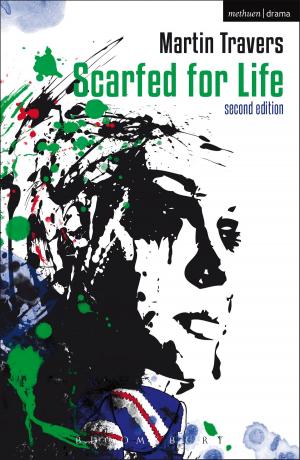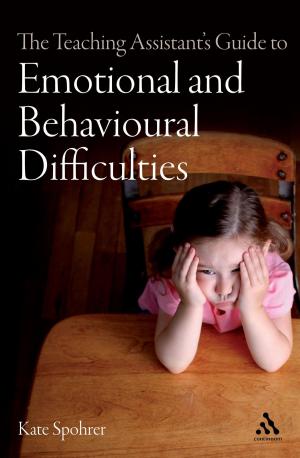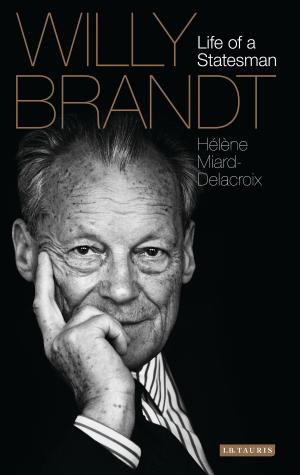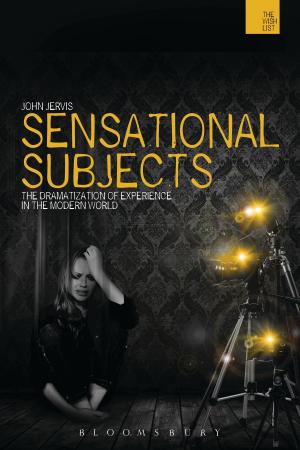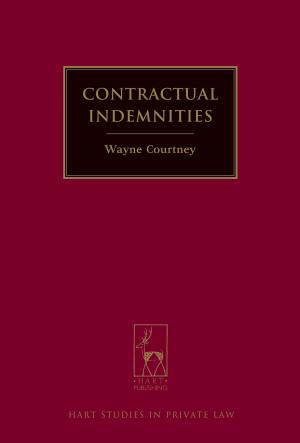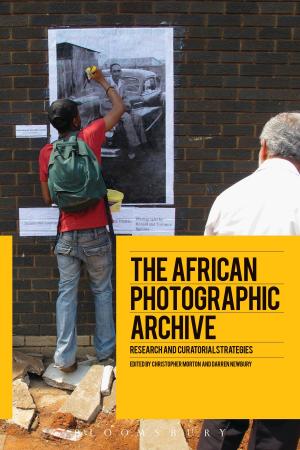The Late Voice
Time, Age and Experience in Popular Music
Nonfiction, Entertainment, Music, Theory & Criticism, History & Criticism, Reference, Music Styles| Author: | Dr. Richard Elliott | ISBN: | 9781628920642 |
| Publisher: | Bloomsbury Publishing | Publication: | October 22, 2015 |
| Imprint: | Bloomsbury Academic | Language: | English |
| Author: | Dr. Richard Elliott |
| ISBN: | 9781628920642 |
| Publisher: | Bloomsbury Publishing |
| Publication: | October 22, 2015 |
| Imprint: | Bloomsbury Academic |
| Language: | English |
Popular music artists, as performers in the public eye, offer a privileged site for the witnessing and analysis of ageing and its mediation. The Late Voice undertakes such an analysis by considering issues of time, memory, innocence and experience in modern Anglophone popular song and the use by singers and songwriters of a 'late voice'. Lateness here refers to five primary issues: chronology (the stage in an artist's career); the vocal act (the ability to convincingly portray experience); afterlife (posthumous careers made possible by recorded sound); retrospection (how voices 'look back' or anticipate looking back); and the writing of age, experience, lateness and loss into song texts.
There has been recent growth in research on ageing and the experience of later stages of life, focusing on physical health, lifestyle and psychology, with work in the latter field intersecting with the field of memory studies. The Late Voice seeks to connect age, experience and lateness with particular performers and performance traditions via the identification and analysis of a late voice in singers and songwriters of mid-late twentieth century popular music.
Popular music artists, as performers in the public eye, offer a privileged site for the witnessing and analysis of ageing and its mediation. The Late Voice undertakes such an analysis by considering issues of time, memory, innocence and experience in modern Anglophone popular song and the use by singers and songwriters of a 'late voice'. Lateness here refers to five primary issues: chronology (the stage in an artist's career); the vocal act (the ability to convincingly portray experience); afterlife (posthumous careers made possible by recorded sound); retrospection (how voices 'look back' or anticipate looking back); and the writing of age, experience, lateness and loss into song texts.
There has been recent growth in research on ageing and the experience of later stages of life, focusing on physical health, lifestyle and psychology, with work in the latter field intersecting with the field of memory studies. The Late Voice seeks to connect age, experience and lateness with particular performers and performance traditions via the identification and analysis of a late voice in singers and songwriters of mid-late twentieth century popular music.



